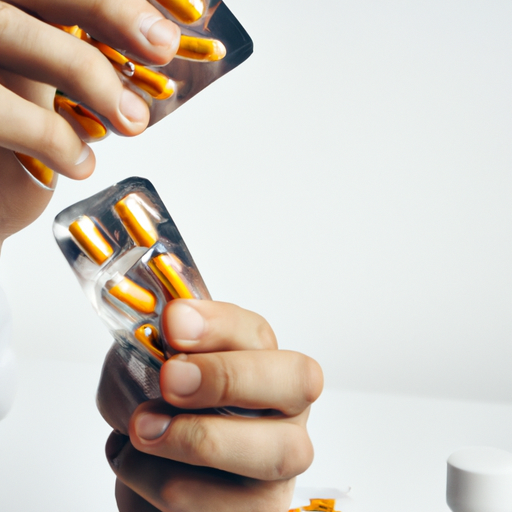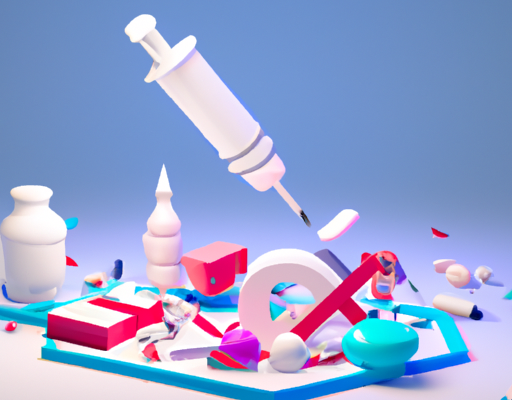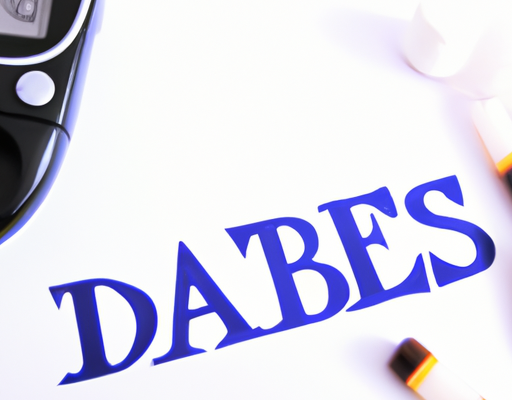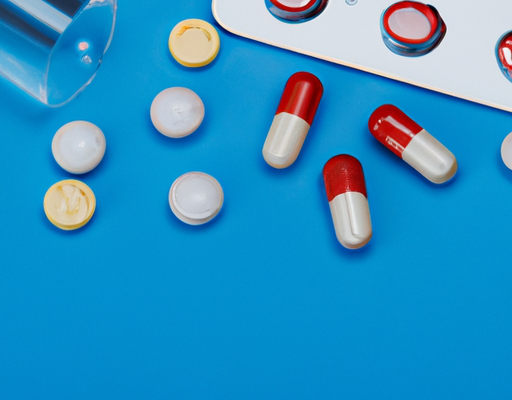Causes
Contact blisters are a common problem which many people experience in their daily lives. Most often caused by irritation or friction to the skin, contact blisters occur when the top layer of skin is denuded of proteins and lipids – which help create a protective barrier against the environment – and exposing the tissues to increased friction and potential infection. This can be the result of excessive rubbing or scratching, wearing ill-fitting clothing or footwear, exposure to extreme temperatures, using harsh soaps and detergents, participating in activities like dancing or running, or even direct contact with certain fabrics. In addition to causing discomfort, contact blisters can also irritate the skin and make it more susceptible to infection. For this reason, it’s important to take the necessary steps to prevent and treat them quickly.
Symptoms
Contact blisters, also known as friction blisters, are skin irritations that can occur when skin rubs against fabrics or other surfaces. They are often caused by wearing tight-fitting shoes, or when the skin is exposed to high levels of friction and heat. Symptoms of contact blisters include a burning sensation, redness, swelling and pain at the affected area. Blisters may also appear after a few days. To prevent contact blisters, it is important to wear shoes that fit properly and to avoid activities or clothing that will cause friction. Applying a layer of petroleum jelly or another lubricant can also help reduce friction and discomfort. If a contact blister does form, it is important to keep the area clean, avoid popping or squeezing the blister, and cover it with a bandage until it heals on its own.
Prevention
Contact blisters are a common foot problem that can occur after wearing ill-fitting shoes or engaging in strenuous activities. Proper prevention is the key to avoiding blister formation. Here are the key steps to take to prevent contact blisters:
- Wear comfortable shoes that are the correct size and fit well.
- Choose shoes that provide adequate cushioning and support.
- Make sure to break in new shoes by wearing them for a few hours at a time.
- Use talcum or cornstarch powder to absorb moisture and keep feet dry.
- Wear double layered or padded socks whenever possible.
- Avoid activities that require extended periods of standing, walking or running.
By following these simple steps, you can reduce your chance of suffering from contact blisters and maintain healthy feet.
Treatment
Contact blisters are common and can be painful, but they are usually harmless. Treatment of contact blisters depends on the severity of the blister, the amount of pain, and any underlying medical condition. Here are the steps to take when treating contact blisters:
- Clean the affected area with mild soap and water.
- Apply a cool compress to the area to reduce redness and swelling.
- Cover the blister with a bandage if needed.
- Take a pain reliever such as ibuprofen or acetaminophen to reduce any discomfort.
- If the blister is large or infected, see a doctor for further treatment.
If contact blisters are left untreated, they can become infected and lead to further complications. It is important to take steps to prevent contact blisters by wearing appropriate footwear and protective gear when engaging in activities that may cause friction.
Outlook
When it comes to health, contact blisters can lead to a range of potential problems. Left untreated, these sores can become infected and cause pain, redness and swelling. In some cases, contact blisters can even lead to scarring or permanent tissue damage. To prevent such issues, it’s important to keep blisters clean and protected. This can be achieved by changing out bandages regularly, using a protective ointment, and avoiding activities that could worsen the blister. If a contact blister becomes infected, it’s important to seek medical attention in order to prevent the infection from spreading. Taking the necessary precautions can help to prevent contact blisters from affecting your health.





No Comments